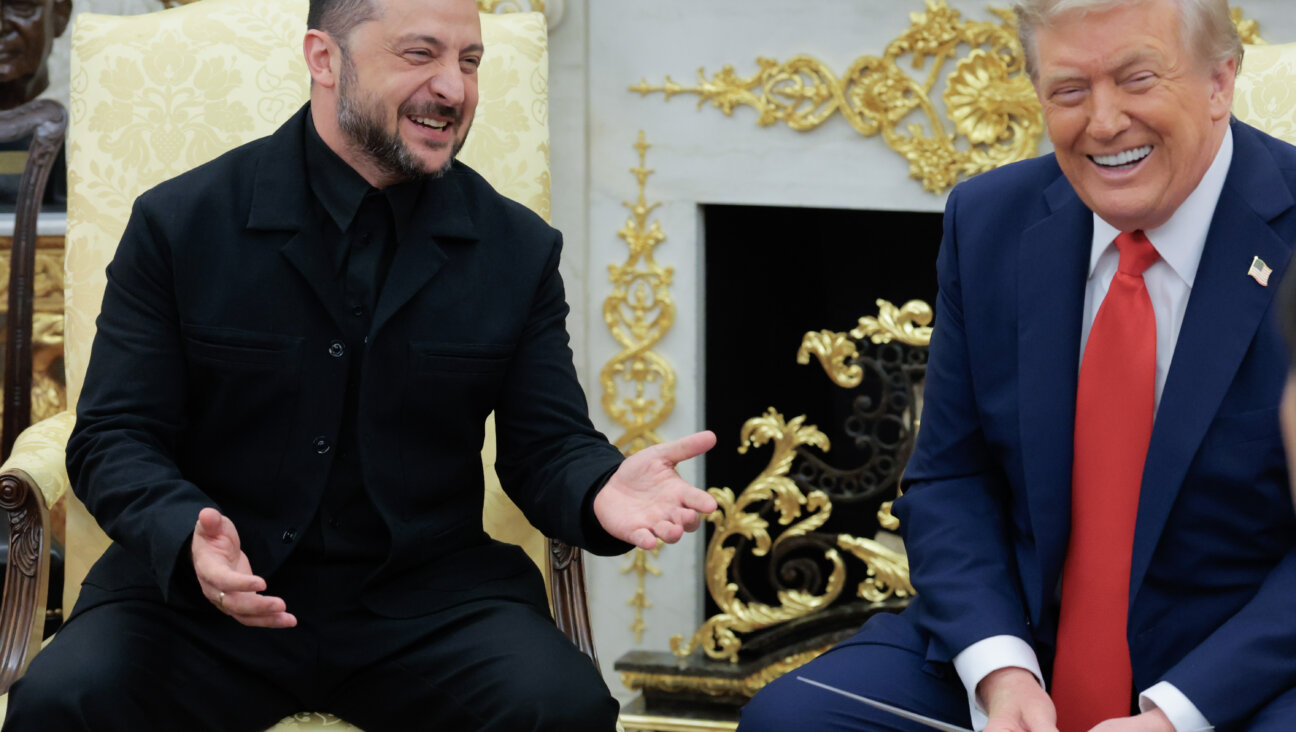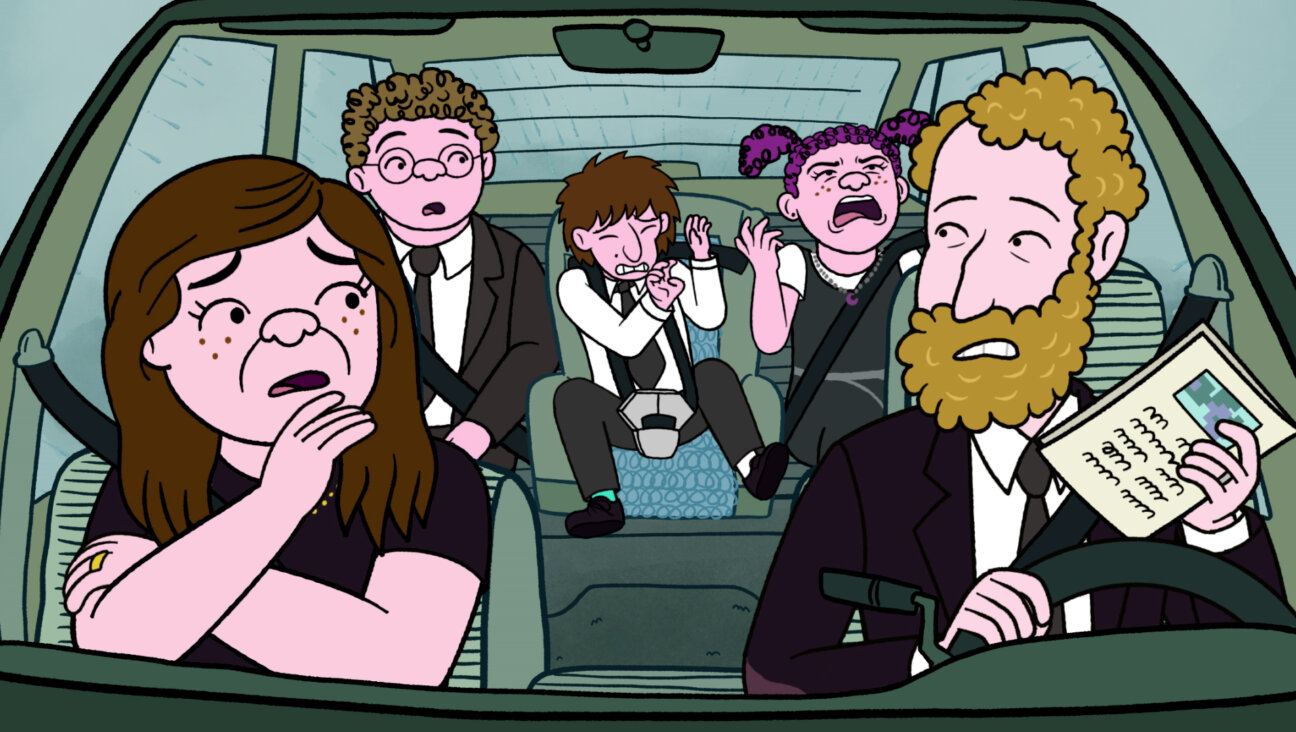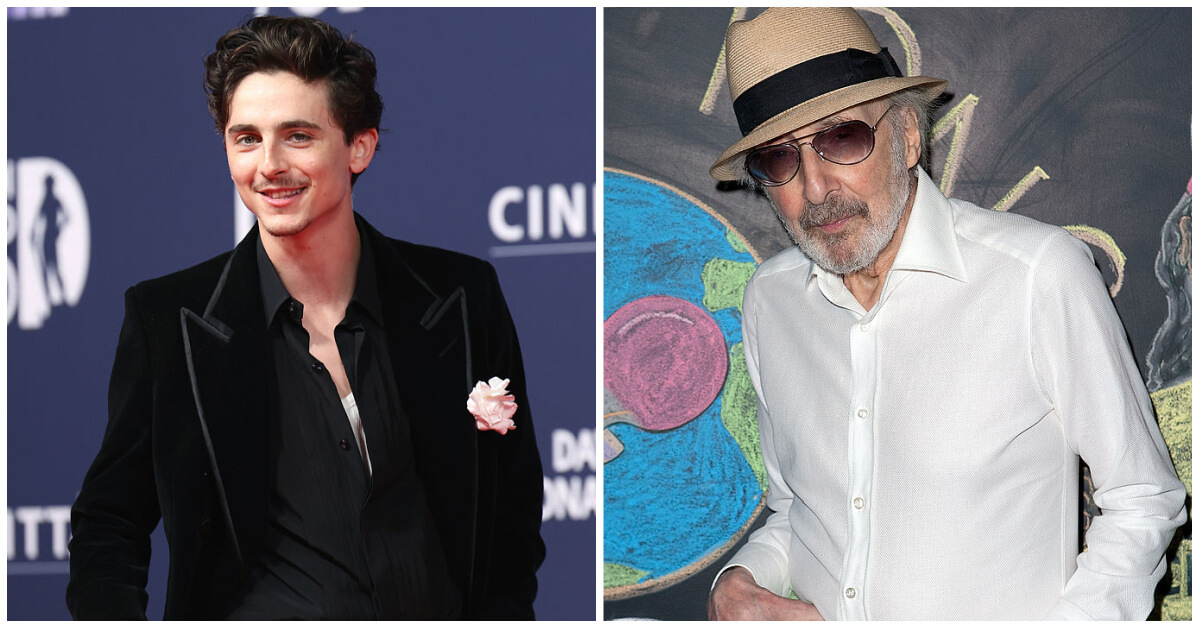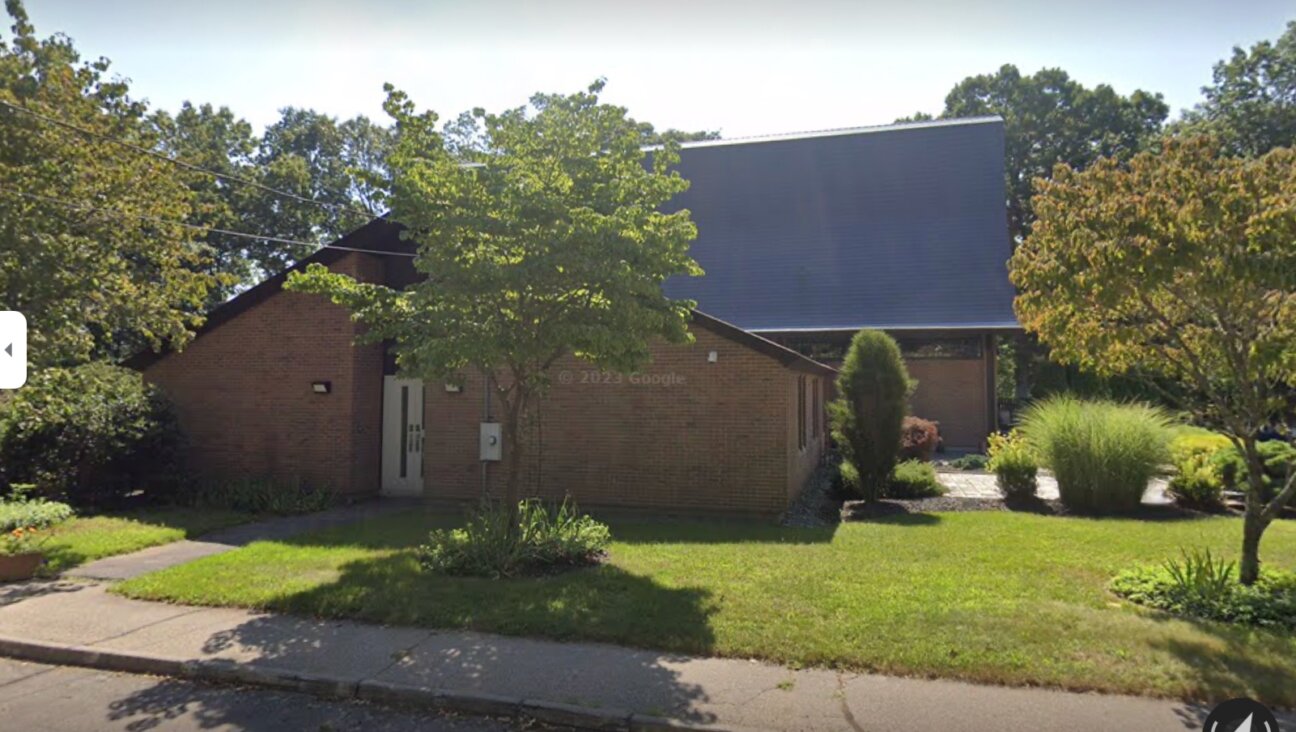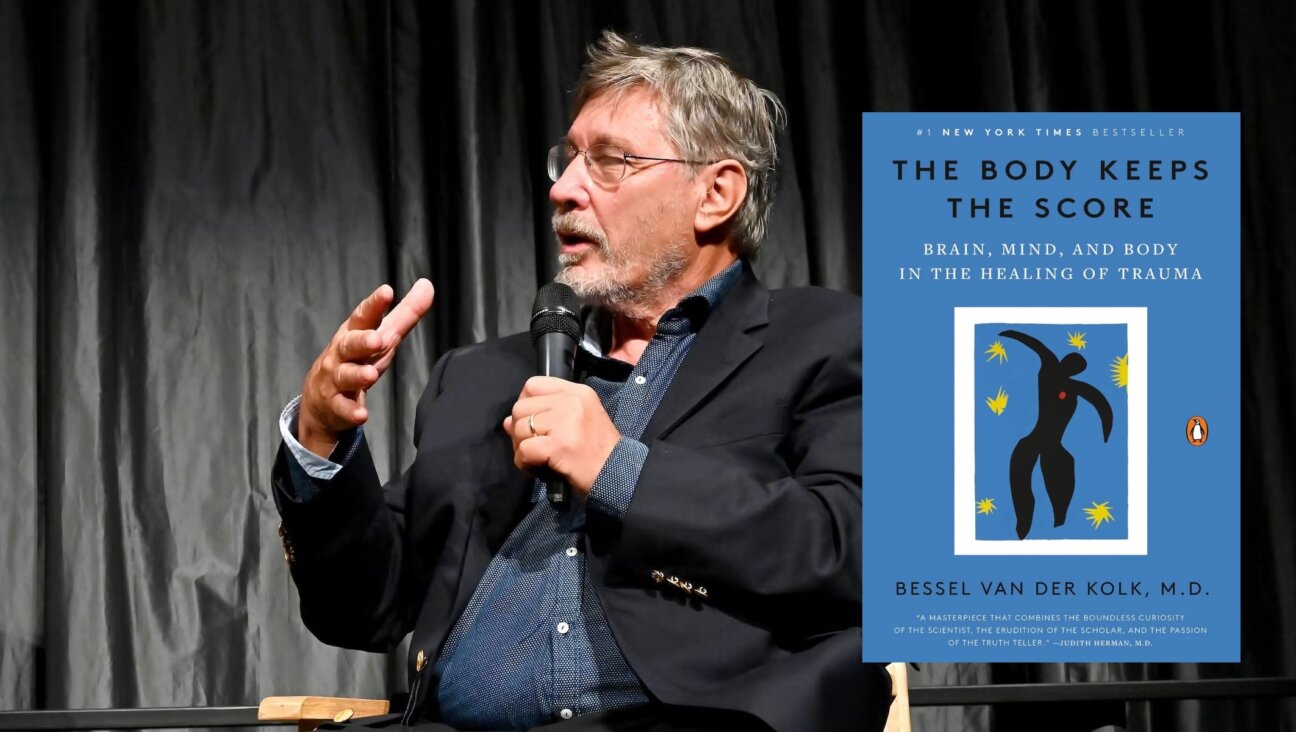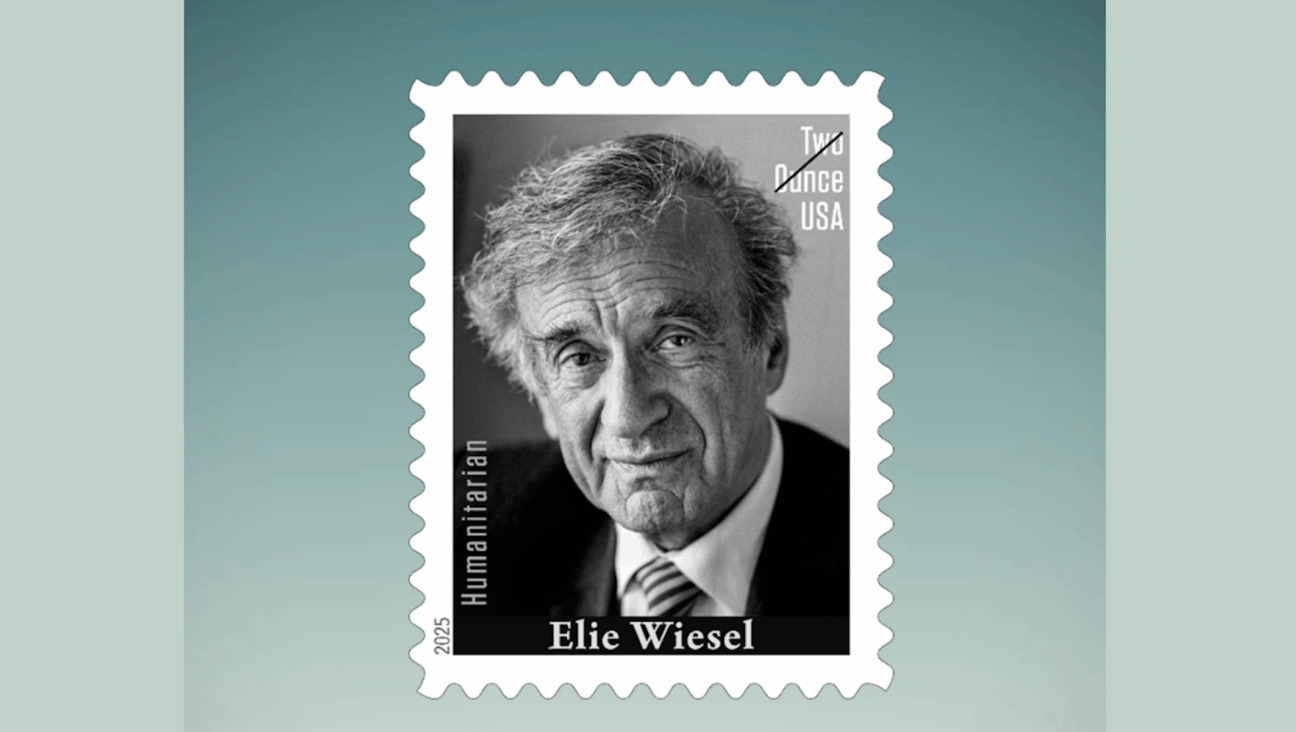France’s 900-page Cause Célèbre
Parisians are all in a fury, they’re reading in the streets. The newest cause célèbre of the French fall publishing season? A 900-page novel about the Holocaust, written in French by an expatriate Jewish American, 38-year-old Jonathan Littell.
Titled “Les Bienveillantes,” which is said to translate, in English, to “The Well-meaning Ones” (though that’s probably preferable to “The Well-meaners” or “The Good-intending”), it’s the unrepentant testimony of one Max Aue, a cultured commando in the SS who, late in life, seeks to explain to posterity his record and its decisions from the safety of an assumed identity in France, after the war. With settings ranging from Auschwitz to Hitler’s Berlin bunker, Aue — German for floodplain, the voice of this memory flood — proposes to accomplish what even Heidegger couldn’t: to offer philosophical justification for the Nazi terror. “Frères humains, laissez-moi vous raconter comment ça s’est passé…” it begins: “My fellow humans, let me tell you how it happened….” Obviously a light read. It’s selling out while being praised to the skies (Le Figaro says it is “a monument of contemporary literature”) — the venerable Prix Goncourt seems his for the taking; hope Littell has a tux.
The author’s father is political exile Robert Littell, former writer for Newsweek and a novelist of popular thrillers, a solid workman to be sure, though he’s no Flaubert or Tolstoy — two writers with whom his Jonathan has now been compared. The son’s seriousness has been a maturing: Littell the younger has said he became interested in the mechanics of war, and genocide, only after his time working for NGOs and human rights organizations throughout Eastern Europe. Involved with Action Contre la Faim (Action Against Hunger), Littell had a stint in Chechnya and, as if living a page out of one of his father’s novels, survived a kidnapping lightly injured.
No public relations is verity, though. With Le Nouvel Observateur proclaiming, “In recent French literary history, no new author has shown such ambition…,” the French press seems to have forgotten Littell’s true first novel, the wildly ambitious American-language (as the French say) “Bad Voltage,” published well over a decade ago to hardly any praise. Set in a futuristic Paris rife with cannibalistic crazies and techno-hackery, it’s a humanitarian masterpiece of the so-called cyberpunk genre. To move from that novel’s hip, riffingly fast language to the secondhand, second-tongued French of “Les Bienveillantes” is a remarkable reinvention. Jewish, American-born, French-raised, Belgian-married and now a resident of Spain, Littell writes today in the same language adopted by his protagonist, the hiding, hindsight-blind former Nazi Aue. Fear not, though, American reader: Littell is currently translating himself back to his roots. Expect an edition for us in the next year or so. Wonder what he’s going to do with the title….
Joshua Cohen is the author, most recently, of “Cadenza for the Schneidermann Violin Concerto.”

